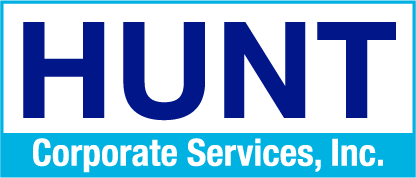I own the building that houses my construction business. We are considering purchasing a larger building and moving. My broker suggested a 1031 exchange. How does that work and is it worth the effort?
It is absolutely worth considering in your situation. Briefly, it allows you to “kick the can down the road” and defer federal income taxes and capital gains taxes on any gain that you may have on the sale of your present property.Because it is detailed in Section 1031 of the Internal Revenue Code, it is often called a “1031 exchange.” It permits a taxpayer (an individual or entity) to dispose of property used in its trade or business or held for investment purposes without paying federal income taxes, including capital gains taxes, on any gain arising from the transaction.
There are some highly technical rules to which you must comply in order to qualify for the nonrecognition of gain. This includes exchanging the property for other like-kind property identified within 45 days after Closing, and acquiring the identified property within what is generally 180 days. The term “like-kind” generally means any other real estate that is acquired for use in your trade or business or for investment purposes.
An interesting aspect of Section 1031 like-kind exchanges is that there is no prohibition against utilizing these exchanges in successive transactions, so payment of taxes on the gain can be deferred indefinitely. If the taxpayer is an entity with a perpetual existence (limited liability company, corporation, trust, etc.) the day of reckoning for payment of the capital gains taxes may never come. (Because the tax basis of the relinquished property will carry over as the tax basis of the replacement property, your depreciation deduction will be limited. If you contribute additional capital to acquire or improve the replacement property, the tax basis can be adjusted upward.)
If the taxpayer is an individual person, the Internal Revenue Code provides that upon the death of the taxpayer, the tax basis of all property owned by the taxpayer is adjusted to the property’s fair market value as of the date of death. However, no capital gains tax or depreciation-recapture taxes will ever be recognized on the prior exchanges.
Because there are very strict technical rules that apply to Section 1031 like-kind exchanges, it is essential to engage a knowledgeable advisor or a 1031 intermediary service. Your accounting team should evaluate your federal income tax and capital gains exposure on the sale of your present facility to help you determine whether your savings will justify the cost of such advice. But the expense of such advice is often well worth the cost, so don’t overlook it just because a 1031 like-kind exchange is complex!
